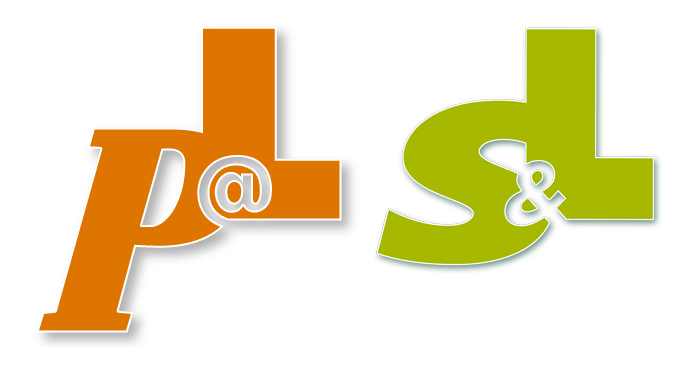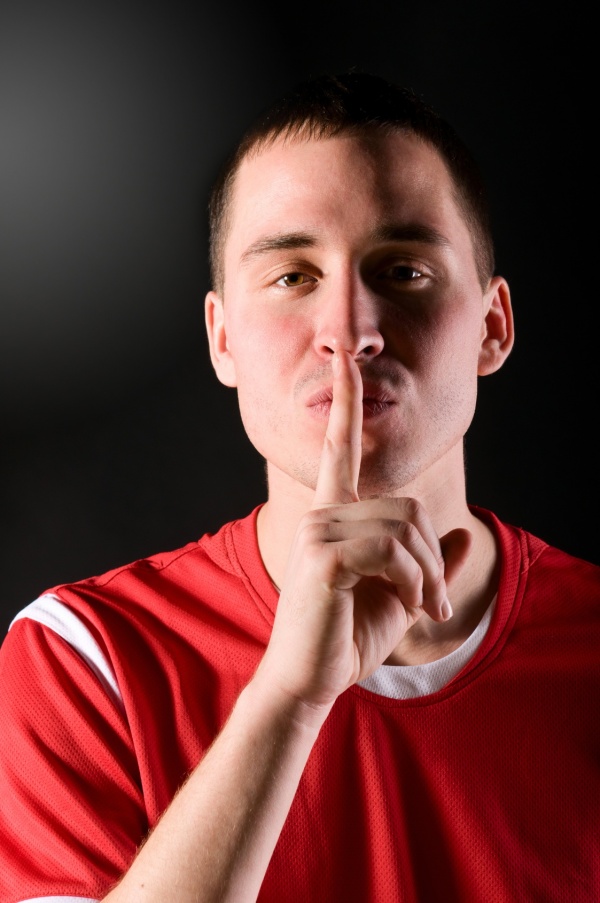Inspect First - Then Refurbish
In recent years, the number of artificial pitches used to practise sports has continued to increase, largely replacing old surfaces such as ...


YOUR FORUM FOR PLAY, SPORTS UND LEISURE AREAS

Why reform of the sports facility noise directive is urgently necessary, how associations are campaigning for this and which steps are now necessary.
As in 2011, the so-called "children's noise privilege" became valid at a federal level, the then federal government set a clear example: "Yes" to happily playing children letting off steam, "Yes" to greater appreciation of children in society and above all, a clear and decisive "No" to limitation of the majority due to individual sensitivities: A major step forward and a clear expression of commitment to a children-friendly society. In day nurseries, at children's playgrounds and other play and sports areas i.e. classic kick-around football pitches, from now on, children can play with practically no limitations on the amount of noise they make. This legal acceptance of children's noise has its limits however, as soon as the children are in an area designated sports facilities in the meaning of the German sports facilities noise protection regulations (SALVO). The SALVO is a section of federal legislation governing protection from emissions and stipulates the volume of noise allowed on sports fields. In this legislation, children's noise is not protected as such and on top of this, strict constraints apply to noise emissions from sports fields. In addition, fixed quiet periods are laid down which apply to sports facilities. Not only does this limit the sporting operations of sports facilities, it also opens the possibility for every single neighbour of a sports facility in a residential area, to take individual legal action against exceedance of noise limit values. Especially today, where an increasing number of urban housing projects bring residential buildings and sports facilities closer together, this means that conflict between sports clubs and their neighbours is inevitable. Sufferers are usually the sports clubs who must not only adapt their activities to conform to SALVO requirements, but must also accept further limitations if local residents take legal action against them.
Established facilities bonus – regional differences create problems
In order to protect long-established sports facilities, SALVO incudes a right of continuance, often referred to as "established facilities bonus". This applies to sports facilities built before 1991 and allows them certain relaxation of the SALVO regulations so that higher noise emission values are possible. This right of continuance protects a great deal of sport by clubs today, but it unfortunately does not apply endlessly. An old facility can lose its status as such and the definition of the cause can differ greatly from one region to another. In many cases, building measures or modernisation of existing facilities can endanger their status. Above all, the conversion of a clay or natural grass pitch to an artificial turf playing surface, as has been the case with many football stadiums for years now, can result in many regions in a loss of status as an established facility. In some German states such as North Rhine Westphalia or Hamburg, the right to continuance is protected even after such measures are taken, in other German states such as Berlin, for example, existing facilities have lost their protected status after modernisation has been carried out. This means that in these areas, legal action by single residents can lead to strong limitation of a sports club in its activities. This is not only contra-productive with regard to the sports club involved it can also endanger its existence.
Sports associations have long demanded changes to SALVO
This conflict with the SALVO regulations has motivated sports associations to action for many years now and their demands for changes to the benefit of sport are now becoming louder and are finding an increasingly wider basis for support. As long ago as 2008, long before children's noise privileges were realised, the German Olympic Sports Confederation (GOSC) pointed out the limitations posed on sports by the SALVO regulations and demanded a federal revision. Together with the union of German cities and the German union of cities and communities, they generated a legislative initiative and presented suggested changes. With introduction of children's noise privileges, hope was born for a short period that the SALVO stipulations would also be toned down, but the German ministry for the environment did not see any need for action at that time. In the coalition contract of the current German government dating from 2013, this topic was taken up and an audit request made. The sports minister conference of the German states also followed the demands of the initiators and working together with the sports associations, proposals for a reform of SALVO were drawn up. The following central demands for changes were presented to the state:
Fundamental question about the significance of sport
The changes proposed by the sports associations, communities and German federal states are not only pure modifications of existing legislation. Much more is involved, i.e. the significance of sport in society. It would be extremely contra-productive to have a prevention law intended to strengthen health aspects for citizens while at the same time, the possibility of carrying out a sporting activity is greatly limited in practice by the SALVO regulations. If the health of the population is to be given such significance, this must also include sport and sporting offers should be massively supported and expanded – an objective which cannot be achieved if sports clubs and individual athletes are prevented from active participation. The major part of sports offers available to citizens are not organised by federal or private-economy institutions, but sports clubs and their many volunteer helpers which provide children and adults with a comprehensive sports offer. This is a social movement which should be protected and not regulated. Furthermore, for purely rational reasons alone it should be questioned why children's noise is protected on a playground but not in a sports ground. The children can run around and play games with no limitations when they are on their own and unsupervised, but as soon as they have professional supervision and training, they are subjected to regulations and limitations. Corrective measures would seem necessary here if sport and activity of many voluntary workers in Germany is to be appreciated correspondingly and safeguarded for the future. Without sports clubs and comprehensively utilisable sports facilities, all initiatives such as the preventions legislation have no basis and are quasi obsolete.
What needs to be done now?
The initiators of sport-compatible changes to noise protection regulations for sports facilities have made their intentions for change clear and have carefully elaborated their proposals. The basis is formed not only by sports associations, but also by many community associations and German federal states. In the German government's committee for sport, the necessity for change was discussed and lately, a readiness to find a solution has also been signalled by German federal government. Time is now the major opponent for a reform of the SALVO regulations and the German federal noise emission legislation. All the work and efforts undertaken so far can only bear fruit if corresponding changes are passed by government in the running legislative period i.e. before autumn 2017. In January 2016, the federal minister for the environment Hendricks announced a solution before the end of the year. Draft legislation was drawn up by the ministry and revised after input from the initiators. It is now up to the federal government and parliament to set the course correspondingly. Time is getting short. According to the GOSC, a decision must be taken by the end of February – in three months. Not a long time in political Berlin; and so it only remains to hope that a sport-compatible solution can be found in time before the German sporting infrastructure suffers possibly sustained damage.
TT
Photo: Sergey Peterman - Fotolia.com